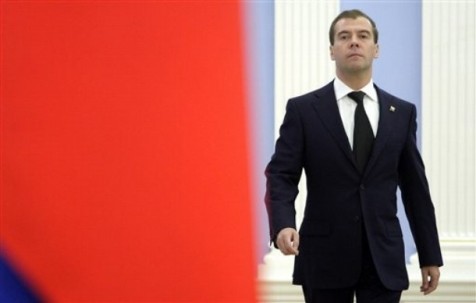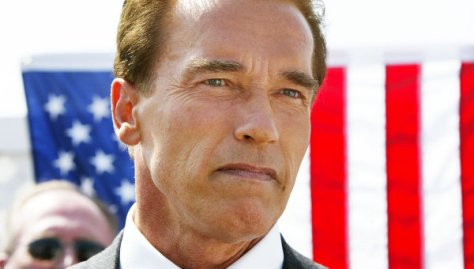PM blames Palestinians for deadlock in peace talks, says U.S. officials due to arrive in Israel to push forward talks on core issues.
January 03, 2011 (KATAKAMI / HAARETZ) --- Prime Minister Benjamin Netanyahu said Monday that he had agreed to the U.S. suggestion of a three-month extension to the West Bank settlement freeze, but the Americans were the ones who retracted the offer.
"The United States asked us to consider extending the freeze by three months, and the truth is that we were prepared to do so," Netanyahu said while speaking before the Knesset's Foreign Affairs and Defense Committee.
Netanyahu said that contrary to what was reported, Israel did not refuse extending the freeze on West Bank settlements by three months, saying it was eventually the "United States who decided against that direction, rightfully, in my opinion."
In early December, the Obama administration announced that Washington was "ending the contacts to try to achieve another moratorium" after months of heavy negotiations to offer Israel a series of U.S. guarantees in exchange for the freeze.
"I told Obama that I am prepared to go with this to the cabinet and that I will be able to enforce the move, but then I received the surprising phone call from the Americans who said they no longer demand that Israel extends the freeze," Netanyahu explained.
"The Americans were right in saying that the settlement freeze will lead to a dead end, in which we would have entered an endless path of settlement freezes, but despite it all I agreed to go through with it," he emphasized.
Netanyahu told MKs that U.S. officials will arrive in Israel in mid-January in order to push forward the peace process and discuss core issues in talks with Palestinians.
Moreover, Netanyahu again reiterated his stance that the Palestinians were responsible for the deadlock in peace talks.
"During the cabinet meeting on Sunday, I called on Abu Mazen [Palestinian President Mahmoud Abbas], to hold direct negotiations, but I got no answer," he said.
"We took many actions in order to move the peace process forward but the Palestinians did not even advance one millimeter despite the settlement freeze. The Palestinians entered talks only toward the end of the freeze and the only subject they wanted to discuss was an extension of the freeze."
Netanyahu also noted the Palestinians' attempts to pursue unilateral statehood, saying that these moves will fail and will not yield any results.
"We are aware of their steps – even the congress opposed these unilateral steps and it seems that the Americans will not be partners to a forced agreement," he said. (*)




























